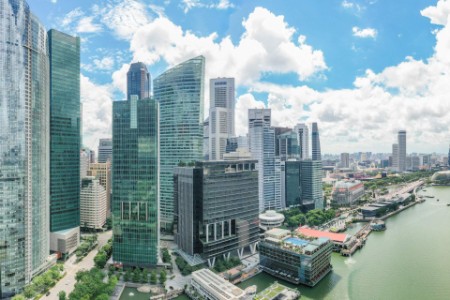Having said that, the GST rate will be raised in a staggered fashion: a percentage point at a time with effect from 1 January 2023 and again on 1 January 2024, as was the case in 2003 and 2004 when the GST rate was increased over the two years from 3% to 5%. While this move is well-calibrated, it could result in an administrative cost for GST-registered businesses that need to manage the rate change twice.
With GST also imposed on low-value goods imported via air or post and on business-to-consumer imported non-digital services with effect from 1 January 2023, GST could become a larger, sustained contributor to tax revenues in the coming years.
We applaud measures ranging from the S$640 million top-up to the S$6 billion assurance package where various offsets such as the GST voucher scheme, U-Save and CDC vouchers are distributed to cushion the impact on lower-income and vulnerable households.
Like many countries, Singapore has been debating income and wealth inequality, which has been exacerbated during the pandemic. While we recognize the ideal of taxing net wealth, it is not easy to implement. The Singapore Government has made it clear that it will adopt its own approaches in addressing progressivity in the tax system. This is reasonable as there is a fine balance between the moral imperative for the affluent to pay their fair share of taxes and maintaining Singapore’s overall competitiveness and reputation as a private wealth management hub for Asia.
In the interim, it was announced at this year’s Budget that the top rate of personal income tax will rise by two percentage points from the year 2023 (i.e., Year of Assessment 2024). In addition, property tax on residential properties will see a steep rate hike spread over two years in 2023 and 2024. For the higher-end properties, the property tax will be more than doubled. There is also a new additional registration fee tier for luxury cars.
No announcements were made on increases in other property-related taxes such as the Buyer’s Stamp Duty or the Additional Buyer’s Stamp Duty. Property buyers will be relieved for now. The world of corporate taxation is changing, including the imposition of a global minimum tax rate. The Singapore Government is engaging with industry bodies to explore the implementation of a “top-up” tax, referred to as the Minimum Effective Tax Rate. This is consistent with the concept of creating a resilient tax system of the future.


